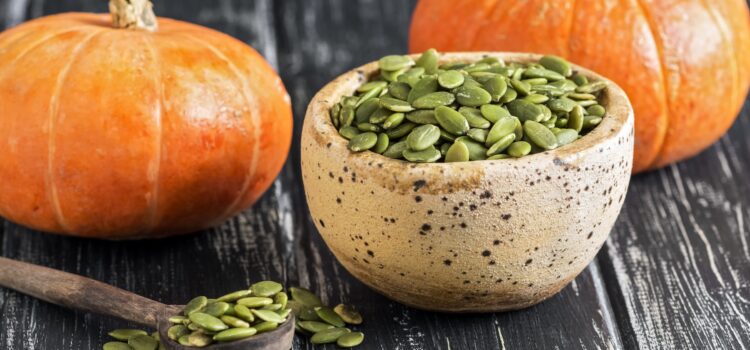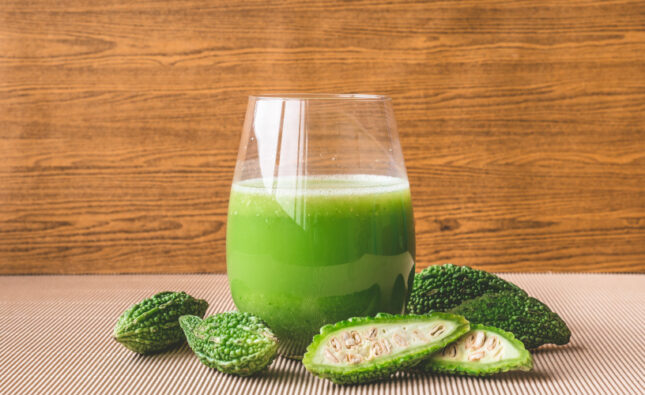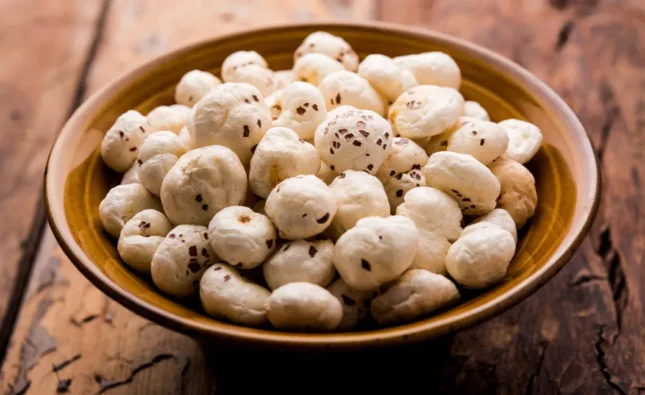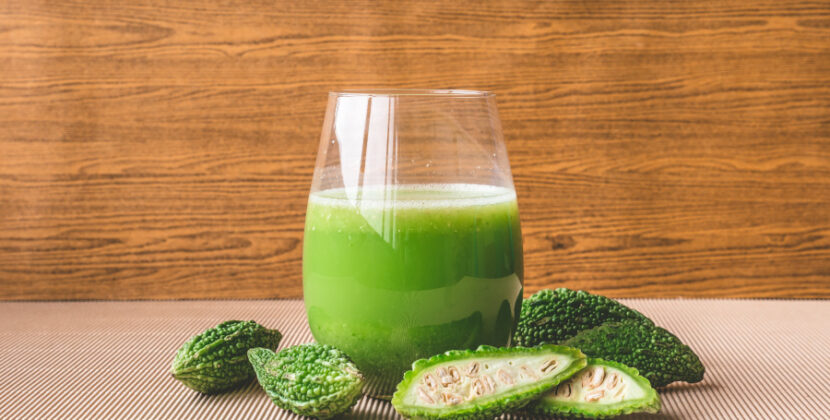Health Benefits of Pumpkin Seeds & Their Nutrient Value
Pumpkins are versatile and iconic members of the gourd family, often associated with autumnal festivities and culinary delights. These round, orange-hued fruits are not only visually appealing but also boast a rich history and diverse uses. From Halloween decorations to delicious pies and soups, pumpkins have woven themselves into various aspects of human culture and cuisine. Pumpkin seeds, also known as pepitas, are a nutritious and versatile food that offer a range of health benefits. Here are some potential health benefits of pumpkin seeds:
1. Nutrient-Rich:
Pumpkin seeds are a good source of essential nutrients, including protein, healthy fats, fibre, vitamins (such as vitamin K), and minerals (such as magnesium, phosphorus, iron, zinc, and manganese).
2. Heart Health:
The high levels of magnesium, potassium, and antioxidants in pumpkin seeds may contribute to heart health by helping to regulate blood pressure, reduce inflammation, and support overall cardiovascular function.
3. Prostate Health:
Pumpkin seeds have been associated with supporting prostate health in men. They contain compounds like phytosterols and zinc, which may help maintain prostate health.
4. Bone Health:
The combination of minerals in pumpkin seeds, such as magnesium, phosphorus, and zinc, can contribute to maintaining strong and healthy bones.
5. Digestive Health:
Pumpkin seeds are a good source of dietary fibre, which supports healthy digestion and may help prevent constipation.
6. Antioxidant Properties:
Pumpkin seeds contain antioxidants, including vitamin E and various phytochemicals, which help protect cells from oxidative damage and may reduce the risk of chronic diseases.
7. Improved Sleep:
Pumpkin seeds are a natural source of tryptophan, an amino acid that can contribute to the production of serotonin and melatonin, neurotransmitters that regulate sleep.
8. Blood Sugar Regulation:
The combination of fibre, healthy fats, and protein in pumpkin seeds may help stabilize blood sugar levels, making them a suitable addition to a balanced diet for people with diabetes.
9. Weight Management:
The fibre and protein content of pumpkin seeds can help promote feelings of fullness and reduce overall calorie intake, potentially aiding in weight management.
10. Immune Support:
Pumpkin seeds contain nutrients like zinc and antioxidants that are important for a healthy immune system and may help the body fight off infections.
11. Skin Health:
The vitamins, minerals, and fatty acids in pumpkin seeds can contribute to healthy skin, promoting a clear complexion and potentially reducing the signs of aging.
Nutrient Value of Pumpkin Seeds
Pumpkin seeds, also known as pepitas, are a nutritious snack and culinary ingredient. Here’s nutrient value for pumpkin seeds per 100 grams:
- Calories: Around 559 kcal
- Protein: Approximately 30.23 grams
- Total Fat: About 49.05 grams
- Saturated Fat: Around 8.67 grams
- Monounsaturated Fat: Approximately 16.18 grams
- Polyunsaturated Fat: About 21.58 grams
- Carbohydrates: Roughly 10.71 grams
- Dietary Fiber: Around 6 grams
- Sugars: Approximately 1.4 grams
- Vitamins and Minerals:
- Vitamin K: About 7.3 micrograms
- Vitamin E: Approximately 2.18 milligrams
- Thiamin (Vitamin B1): Roughly 0.273 milligrams
- Riboflavin (Vitamin B2): Around 0.153 milligrams
- Niacin (Vitamin B3): About 4.987 milligrams
- Vitamin B6: Approximately 0.143 milligrams
- Folate (Vitamin B9): Roughly 58 micrograms
- Pantothenic Acid (Vitamin B5): Around 0.750 milligrams
- Iron: Approximately 8.82 milligrams
- Magnesium: Roughly 262 milligrams
- Phosphorus: About 1233 milligrams
- Potassium: Approximately 809 milligrams
- Zinc: Roughly 7.64 milligrams
- Copper: Around 1.343 milligrams
- Manganese: Approximately 4.543 milligrams
- Selenium: Roughly 9.4 micrograms
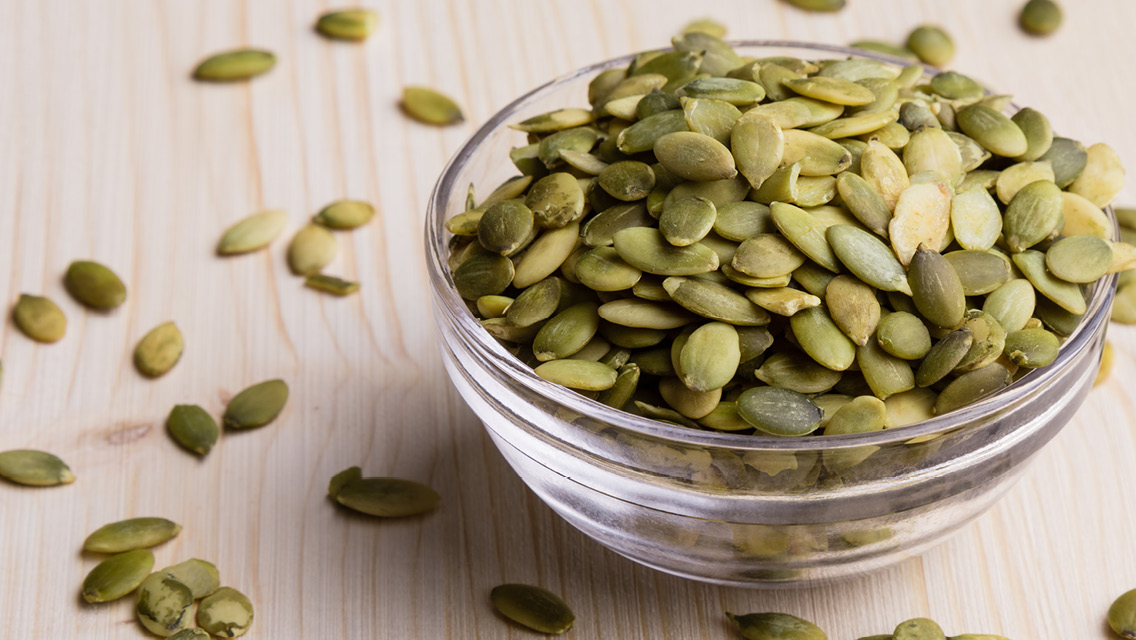
In conclusion, pumpkin seeds, or pepitas, offer a range of compelling health benefits that make them a valuable addition to your diet. Packed with essential nutrients and bioactive compounds, these small seeds can contribute to overall well-being in several ways.
Firstly, pumpkin seeds are a rich source of protein, making them an excellent option for those looking to increase their protein intake, especially for vegetarians and vegans. The amino acids found in pumpkin seeds support muscle repair and growth, aiding in maintaining a healthy body composition.
Secondly, their impressive content of healthy fats, including monounsaturated and polyunsaturated fats, contributes to heart health. These fats help reduce bad cholesterol levels, promoting cardiovascular wellness and reducing the risk of heart disease. The abundant array of vitamins and minerals in pumpkin seeds, such as magnesium, phosphorus, potassium, and zinc, play vital roles in various bodily functions. Magnesium, for instance, supports bone health, muscle function, and energy production. Zinc contributes to immune system strength, wound healing, and skin health. Pumpkin seeds are also a natural source of antioxidants, including vitamin E and carotenoids, which combat oxidative stress and help protect cells from damage. Their unique phytosterol content contributes to lowering cholesterol levels and promoting prostate health.
Furthermore, pumpkin seeds contain compounds like tryptophan and magnesium that may contribute to improved sleep quality and relaxation. Additionally, their fibre content aids in digestion and supports a healthy gut by promoting regular bowel movements. Incorporating pumpkin seeds into your diet can be a flavourful and convenient way to harness these health benefits. Whether enjoyed as a snack, added to salads, yogurts, or smoothies, or used in cooking and baking, pumpkin seeds offer a versatile and nutritious option that aligns with various dietary preferences.
Overall, pumpkin seeds stand as a wholesome and delicious addition to a well-rounded diet, offering an array of nutrients that can contribute to improved heart health, better digestion, enhanced immunity, and overall vitality. Remember that while pumpkin seeds offer numerous health advantages, they should be consumed as part of a balanced diet along with other nutrient-rich foods for optimal results.

